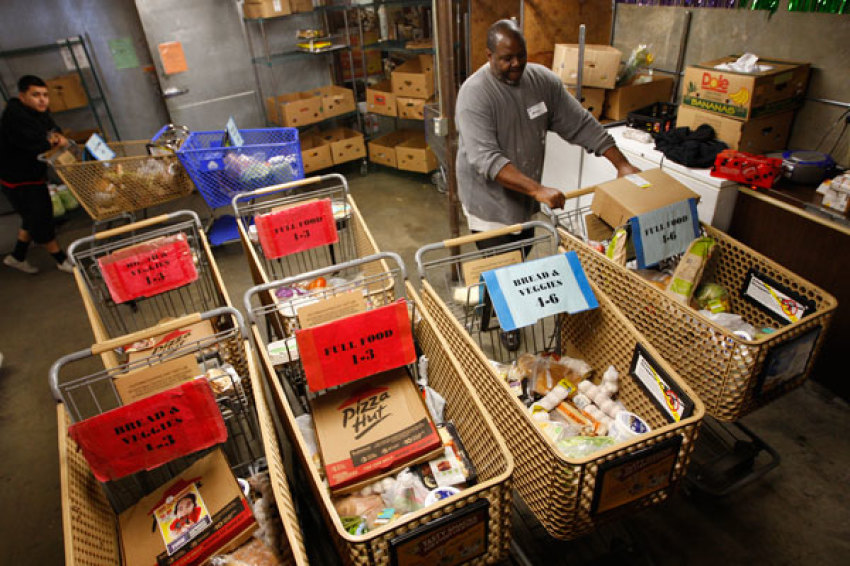Religion Contributes $1.2 Trillion to US Economy, More Than Top 10 Tech Companies Combined, Study Finds

WASHINGTON – Religious groups contribute $1.2 trillion to the U.S. economy, more than the top 10 tech companies combined.
Consider the contributions of Apple, Google and Amazon on the American economy: they pale in comparison to faith organizations. Plus, unlike the tech giants, faith groups devote the bulk of their resources to helping the poor and suffering.
"For the first time, we have been able to quantify what religious institutions, faith-based charities, and even businesses inspired by faith contribute to our country," said Georgetown University's Brian Grim, co-author of the study, at the National Press Club in Washington, D.C., Wednesday.
Published in the Interdisciplinary Journal of Research on Religion, "The Socio-economic Contribution of Religion to American Society: An Empirical Analysis" provides the first-ever documented quantitative analysis of the economic impact of 344,00 congregations and as well as the impact of religious institutions and businesses.
Grim further noted that "in an age where there's a growing belief that religion is not a positive for American society, adding up the numbers is a tangible reminder of the impact of religion."
When one runs those numbers, the total economic contribution of religion in America sits around $1.2 trillion, about the same size as the world's 15th largest economy.
Appearing alongside Grim were William Galston, a scholar with the Brookings Institution, and Ram Cnaan, who directs the Program for Religion and Social Policy Research at the University of Pennsylvania.
Even as economic woes remain in many regions of the United States, the flow of money religious congregations spend each year on social programs has not stopped. In addition to charity organizations, faith-based businesses in every industry, fill the marketplace with products that everyone buys regardless of their faith.
Cnaan noted in his remarks Wednesday that he is a self-described secular type who finds it unfortunate that mass media often tends to report on the ugly happenings in religion like clergy abuse scandals but rarely shows the positive contributions communities of faith make.
"This is the beginning of a national debate, not if religion is important but how much it is important," Cnaan intoned in praise of Grim's paper. "Many clergy think that if you talk about the value of religion it is sacrilegious. I say, and I'm a social scientist, the moment we have numbers, we can start discussing and we can talk about real values."
Most of the cash part of that 1.2 trillion dollar estimate, Cnaan further noted, is not money in the bank, investment properties or fancy artwork, but comes from people who voluntarily give of their own money to religious organizations.
Galston also hailed Grim's research, acknowledging that although it is a challenge to assign economic value to something like religion where its contributions are sometimes more indirect and that many methodological questions arise, this paper should nevertheless provoke a good debate.
In light of rising cultural hostility toward religion, The Christian Post asked the panelists if they could give a rough estimate what the economic impact would be if, for example, religious institutions were to be stripped of their tax-exempt status.
Galston remarked that would be hard to determine given that religious people often donate out of different motives than purely economic ones.
Cnaan is tired of the apologetic tone too many religious leaders employ.
"In my many interactions with clergy and religious leaders," Cnaan added, "they always seem to lack confidence, they always sound apologetic." Instead, in light of the numbers born out in Grim's research, he said "I wish I could have gone to every [congregation] and tell them 'Be proud, you're part of something very big and very important.'"
The research was sponsored by Faith Counts, a campaign that promotes the value of faith in society. For more information about the study, you can watch the NPC event here, or check out a video summary below:



























